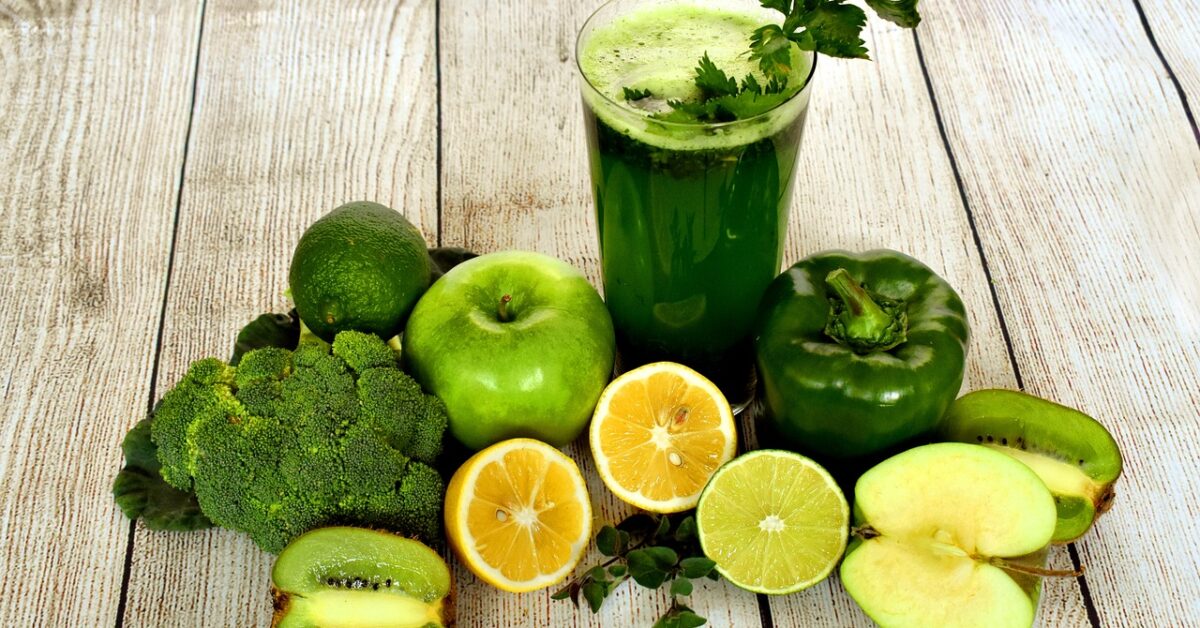The Power of Plant-Based Nutrition for Thriving Vegan Athletes
Plant-based diets have gained significant popularity in recent years, with more and more people adopting this lifestyle for various reasons, including health, environmental concerns, and animal welfare. Contrary to the misconception that vegan diets lack essential nutrients, numerous studies have shown that plant-based nutrition can provide all the necessary nutrients for optimal health and performance, even for athletes. In fact, many thriving vegan athletes have achieved remarkable success in their respective sports, proving that plant-based nutrition is a powerful tool for athletic performance.
Plant-Based Protein: Building Blocks for Strength and Endurance
Protein is a crucial macronutrient for athletes as it plays a vital role in muscle repair, growth, and recovery. While animal products are often considered the primary source of protein, plant-based athletes can easily meet their protein needs through a variety of plant-based sources, such as:
- Legumes: Lentils, chickpeas, and beans are excellent sources of protein, offering a wide range of essential amino acids.
- Quinoa: This ancient grain is not only rich in protein but also contains all nine essential amino acids, making it a complete protein source.
- Tofu and Tempeh: Derived from soybeans, these plant-based protein sources are versatile and can be incorporated into various dishes.
- Nuts and Seeds: Almonds, chia seeds, and hemp seeds are packed with protein, healthy fats, and other essential nutrients.
Many successful vegan athletes, such as professional tennis player Venus Williams and ultra-endurance athlete Rich Roll, have thrived on plant-based diets while achieving remarkable athletic feats. Their achievements debunk the myth that animal products are necessary for athletic performance.
Enhanced Recovery and Reduced Inflammation
Intense physical activity can lead to muscle damage and inflammation. Proper nutrition plays a crucial role in promoting recovery and reducing inflammation, allowing athletes to bounce back faster and perform at their best. Plant-based diets, rich in antioxidants and anti-inflammatory compounds, can provide the necessary support for optimal recovery. Some plant-based foods known for their anti-inflammatory properties include:
- Berries: Blueberries, strawberries, and cherries are packed with antioxidants that help reduce inflammation and promote recovery.
- Leafy Greens: Spinach, kale, and Swiss chard are rich in vitamins, minerals, and phytonutrients that support overall health and aid in recovery.
- Turmeric: This vibrant yellow spice contains curcumin, a potent anti-inflammatory compound that can help alleviate exercise-induced inflammation.
- Ginger: Known for its digestive and anti-inflammatory properties, ginger can aid in reducing muscle soreness and inflammation.
By incorporating these plant-based foods into their diets, vegan athletes can optimize their recovery and reduce the risk of chronic inflammation, allowing them to perform at their best consistently.
Optimal Energy and Nutrient Intake
Athletes require an adequate intake of energy and nutrients to fuel their performance and support their overall health. Plant-based diets can provide all the necessary macronutrients and micronutrients when properly planned. Some key nutrients for vegan athletes include:
- Vitamin B12: While primarily found in animal products, vegan athletes can obtain vitamin B12 through fortified plant-based foods or supplements.
- Iron: Plant-based sources of iron include legumes, tofu, spinach, and fortified cereals. Pairing these foods with vitamin C-rich sources, such as citrus fruits, can enhance iron absorption.
- Calcium: Vegan athletes can obtain calcium from plant-based sources like fortified plant milks, tofu, leafy greens, and sesame seeds.
- Omega-3 Fatty Acids: Flaxseeds, chia seeds, and walnuts are excellent sources of plant-based omega-3 fatty acids, which are essential for brain health and reducing inflammation.
Proper meal planning and consulting with a registered dietitian can ensure that vegan athletes meet their energy and nutrient needs for optimal performance and overall health.
Conclusion
Thriving vegan athletes have shattered the myth that plant-based nutrition is inadequate for athletic performance. By adopting a well-planned plant-based diet, athletes can meet their protein needs, enhance recovery, reduce inflammation, and optimize their energy and nutrient intake. The power of plant-based nutrition is evident in the success of numerous vegan athletes, proving that a plant-based lifestyle can fuel exceptional athletic achievements.
